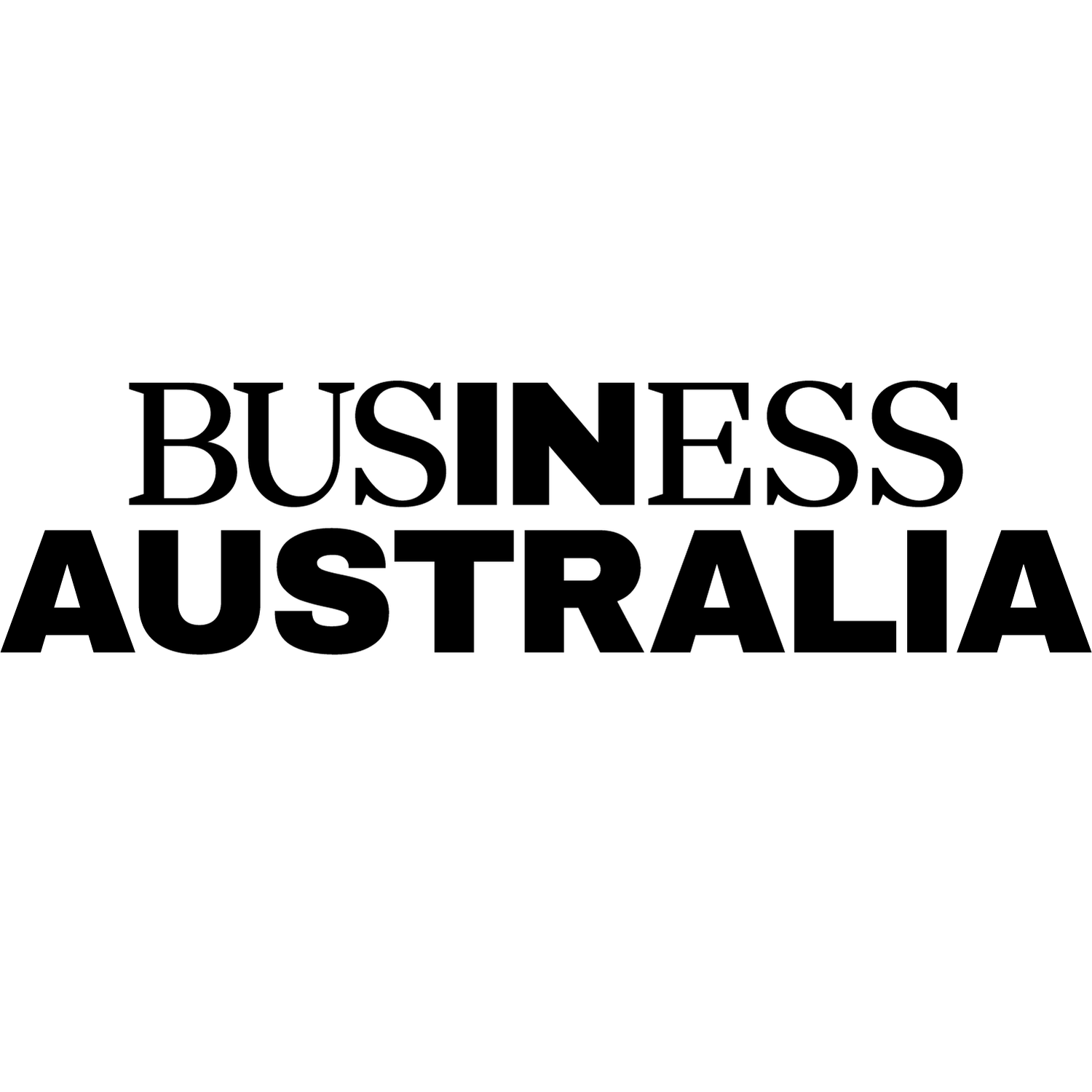Business Australia - SEO Case Study


Business Australia had just launched as a new brand when Covid-19 lockdowns started. Many business owners and leaders were shaken and confused and unsure how to access support and guidance.
By harnessing the power of relevant, timely and reliable content and distributing it effectively, Business Australia and Indago Digital increased membership by 208%, impressions by 2,740% and traffic by 6,079%.
They also helped millions of small businesses disseminate truth from misinformation and navigate their way through the fast-moving and unexpected impacts.
When NSW Business Chamber launched its national brand, Business Australia, it commissioned Indago Digital to help it achieve the following key objectives:
- Achieve top ranking for ‘Business Australia’ brand name (at the commencement of our agency partnership with Business Australia, the top rank was taken by the powerhouse domain of business.gov.au)
- Achieve page one in SERPs for keywords relevant to the target audience
- Drive new member registrations (target 60,000)
Our Process
Step 1: Target audience & strategy
In Australia, there are 2.2 million small businesses. Business Australia conducted life stage and mindset research to understand their needs better.
By looking into behavioural-based needs in each mindset (conservative to progressive) and life stage (starting out to mature), they uncovered where they should aim to support their audience with content when they’re:
- seeking protection “help me insulate my business from the dangers ahead”
- wanting to maintain (and optimise) “help me manage the day-to-day
- planning to grow “help me harness the opportunities ahead”, or
- transforming “so it can grow and develop”.
Step 2: A new strategy & pandemic pivot
Objective 1 (top ranking for brand name) was achieved within four weeks (more on this is ‘results’). We didn’t have long to celebrate this achievement though as within weeks of our launch, Covid-19 lockdowns hit.
Prior keyword research and content plans went out the window, a lot of the overarching SEO strategy was defunct, and it became clear that we needed to pivot.
With the growing mass of misinformation and a lot of fake news making its way around the business community, we knew that many business owners and leaders were shaken and confused.
Quality information from subject matter experts was sorely missing, and we identified that providing this would not only drive membership but also position Business Australia as a leading source of credible business information.
Step 3: Putting content first
To achieve a leadership role in the dissemination of much-needed Covid-19 information to small businesses, we had to move away from being an organisation that was producing ad-hoc content for members and react to real-world developments for the whole business community.
We needed to be ahead of the curve and engage help from experts but with a new direction, tight budgets and limited resources, we had to act imaginatively and quickly.
We set our sights on becoming a newsroom; providing meaningful, relevant and practical daily updates that businesses struggled to get elsewhere and providing them with the information they needed to survive and thrive during the pandemic.
We mobilised the team into an agile working rhythm to produce fresh daily content, events and free member services on trending topics like;
- public health orders government stimulus (in particular JobKeeper)
- Covid-safe practices
- workplace and HR issues such as standdowns and remote-working
- digital marketing and business pivots.
Step 4: Optimisation and keyword targeting
We used SEO tools and techniques to keep our fingers on the pulse. Google’s Keyword Planner wasn’t providing information on Covid-19 keywords, so we used keyword.io, Google Trends, BuzzSumo and a proprietary tool that scrapes People Also Asked results to stay attuned to what information businesses were seeking out.
Utilising these insights, Business Australia produced hundreds of pieces of content across the website and achieved significant growth in its member base during this time.
Step 5: Covering all bases
The content types were vast and included standard text, guides, templates, checklists and webinars. This was achieved using their own internal writers and experts from across the wider business, as well as credible experts from external businesses.
To achieve this within budget, they created a thought leadership program in which they received free content from subject matter experts, and the content contributors got their brand and expertise placed in front of Business Australia’s rapidly growing web audience and email database.
We also made the higher-value content that was gated behind the free Business Australia membership crawlable by Google to leverage the potential ranking benefits of the content’s relevance and high demand.
This, along with the top-quality content being produced, helped increase the EAT (Expertise, Authoritativeness, and Trustworthiness) of the site and its content which, in turn, improved page rankings.
The Results

The first and highest priority objective was to ensure the new site ranked for the new brand name as quickly as possible. The strategy and work were conducted pre-launch and immediately actioned on the day the brand came into existence.
Within four weeks, Business Australia was in position one. Given that the previous top-ranked was owned by a .gov.au domain, that’s a significant achievement.
Strategy used:
- Migrating relevant pages from the plethora of owned Business Australia websites.
- Building new links and re-engineering inbound links away from Business Australia’s other owned sites.
- Working with their PR team to gather as much online PR as possible.
- Building an array of social media profiles and directories.
- In August 2021 we owned ‘Stood Down’, only being outranked by government websites such as FairWork.gov.au.
- In August 2021 we owned ‘Business Grants’ only being outranked by government websites such as Business.gov.au
- In August 2021 we owned ‘Job Keeper’, only being outranked by government websites such as the ATO.
By the end of June 2021, we had 61,698 members (the target was 60,000).
To put this in perspective, up until launch (March 2020) Business Australia’s membership numbers had not increased from approximately 20,000 for the previous five years. That’s an increase of over 200% in less than a year.
Other results:
From August ’20 – August ’21, impressions grew by 2,740% and traffic by 6,079%.
Learn more about SEO




